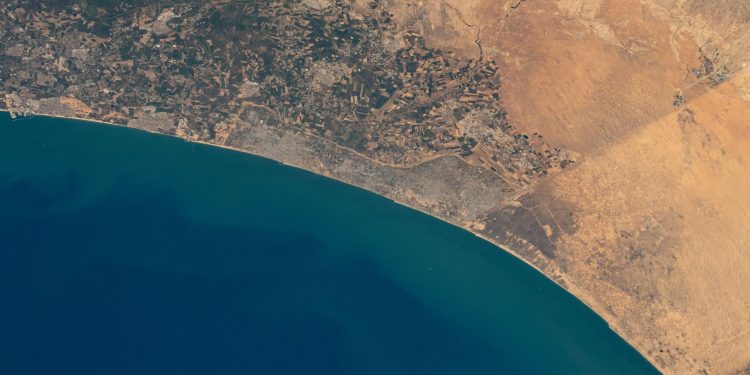In a significant move towards peace, Israel’s war cabinet convened to deliberate on potential advancements in negotiations for a hostage deal and ceasefire with Hamas. This comes amid escalating concerns for the civilian population in the ravaged Gaza Strip, highlighting the urgency for resolution.
The discussions were fueled by insights from an Israeli delegation that had recently returned from Paris, where fresh talks aimed at securing a hostage deal were held. The delegation’s findings, presented on a Saturday night, underscored the possibility of progressing towards an agreement, as mentioned by National Security Adviser Tzachi Hanegbi in a televised interview before the cabinet meeting.
Prime Minister Benjamin Netanyahu emphasized the focus of the meeting on charting the “next steps in the negotiations,” which, according to local media, led to the decision to send another delegation to Qatar in the forthcoming days to continue dialogue.
This development mirrors a previous truce in November, which successfully facilitated the release of over 100 hostages, thanks to the concerted efforts of Qatar, Egypt, and the United States. The push for a resolution is further driven by domestic pressures, with significant public calls for action evidenced by a large gathering in Tel Aviv’s “Hostages Square,” demanding the swift return of the captives.
Parallel to these diplomatic efforts, Israel faces internal challenges with anti-government protests escalating in Tel Aviv. Protesters, expressing dissatisfaction with the government’s approach to peace and economic policies, faced off against authorities in a tense confrontation.
The humanitarian situation in Gaza has reached critical levels, with the World Food Program reporting “unprecedented levels of desperation” among the populace. The United Nations has raised alarms over the impending risk of famine affecting 2.2 million people. The dire conditions are palpable in northern Gaza’s Jabalia refugee camp, where residents, especially children, face acute food shortages. The scarcity of supplies, exacerbated by the ongoing conflict and restrictions on aid access, has forced residents to resort to eating scraps and whatever little food is available from charity kitchens.
Amidst these challenges, the health ministry reported the heartrending death of a two-month-old baby due to malnutrition, underscoring the grave impact of the blockade on Gaza’s most vulnerable. Despite Israel’s claims of facilitating aid, with thousands of trucks delivering supplies since the conflict’s onset, the crisis continues unabated.
The conflict, ignited by Hamas’s unprecedented attack on October 7, has led to significant loss of life on both sides. Israel’s retaliatory offensive has resulted in thousands of casualties, predominantly among Gaza’s civilian population. The ongoing airstrikes and military operations, particularly in densely populated areas like Rafah, raise grave concerns over the humanitarian implications of further military escalations.
In a bid to address the post-war scenario, Netanyahu proposed a plan envisioning the administration of Gaza by Palestinian officials unaffiliated with Hamas, alongside the creation of a security buffer zone. This proposal, however, faces opposition from both Hamas and the Palestinian Authority, reflecting the complexities of achieving a lasting peace in the region.
As negotiations continue and the world watches, the immediate priority remains addressing the humanitarian crisis and securing a ceasefire that can pave the way for a more stable and peaceful future for both Israelis and Palestinians.



























